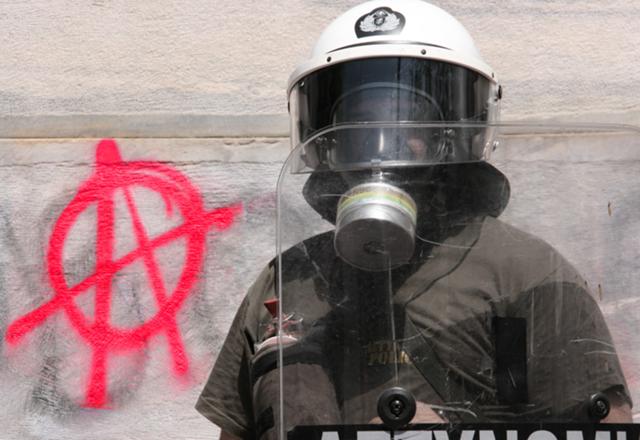 Everything went quiet and we realized suddenly the white noise that we take for granted every day: the whir of the air conditioning and the routers and everything else that sits quietly above our heads. "It's so QUIET in here!" Meghan said, and Claudette replied "Not with you talking!" Meghan threw a rubber band at Claudette. That is when everything started to descend into anarchy.
Everything went quiet and we realized suddenly the white noise that we take for granted every day: the whir of the air conditioning and the routers and everything else that sits quietly above our heads. "It's so QUIET in here!" Meghan said, and Claudette replied "Not with you talking!" Meghan threw a rubber band at Claudette. That is when everything started to descend into anarchy.
It took about five seconds before we talked about whether or not we should go home--but then we realized we still had power in our laptops and Wifi connected. I had several documents that I had to review offline so that was a good time to do so, but then both the phones and the Internet went out. How would I be able to send my articles over to the Division to review? I downloaded them onto a flash drive and felt very clever. The only problem was how to get the drive to the Division, since apparently security was holding people in the lobby of the building. Daniel was texting to a friend who was stuck downstairs: you could leave, but you couldn't come in. And no, the garage door was not opening, either. There was no word that it was OK to go home or any advice on what to do in case we were out of power for a lot longer--and if there were, how would we find out? Would somebody have to actually go walking around the office on her feet, using her mouth to tell people information? Was this part of the protocol? Did we have protocol in place for a situation like this?
Joy went to the bathroom, where there was an emergency light on, but told us that there was another problem: the water wasn't working, either. This is how chaos starts to reign.
We started taking inventory of what foods we had stored in our desks. I said that we should probably eat all the food in the refrigerator before it went bad.
Daniel told us he had several contacts in the lobby who could provide information on what was going on downstairs. "Let's give Daniel all our food," I suggested. An alliance seemed like a good idea.
I was done with all my possible offline work. I could either read, or I could clean off my desk. I went with the latter. Reading was a last resort option.
Our voices got higher and our eyes got wider as the minutes ticked by. I can't imagine what it was like for the people who were trapped in the elevators. I assumed they all ate each other.
The world looked so normal, so far away outside.
Finally, with no fanfare, the electricity came back on. In a way, we were slightly disappointed. We had been adjusting to our new world, had made peace with our simpler, analog lives. How would we adjust to this faster-paced, electronic office? Time would tell.
(This all took about an hour.)
